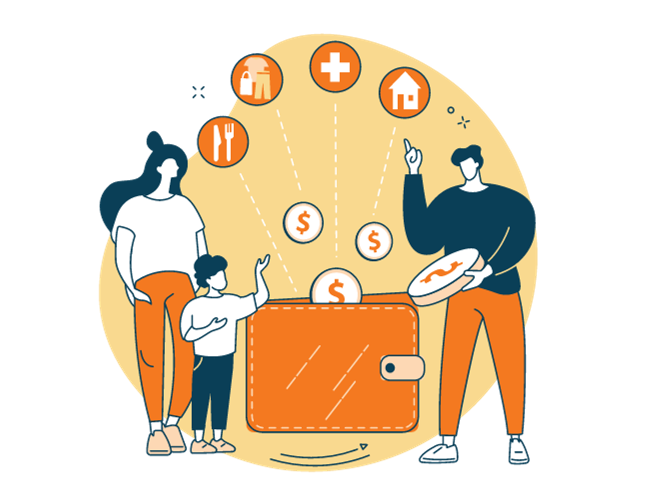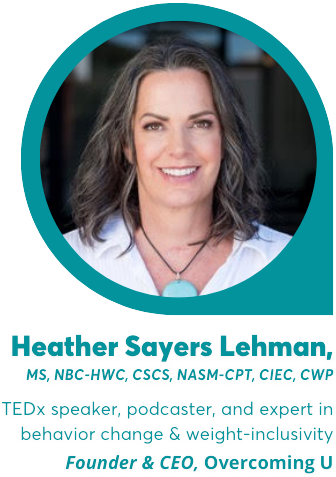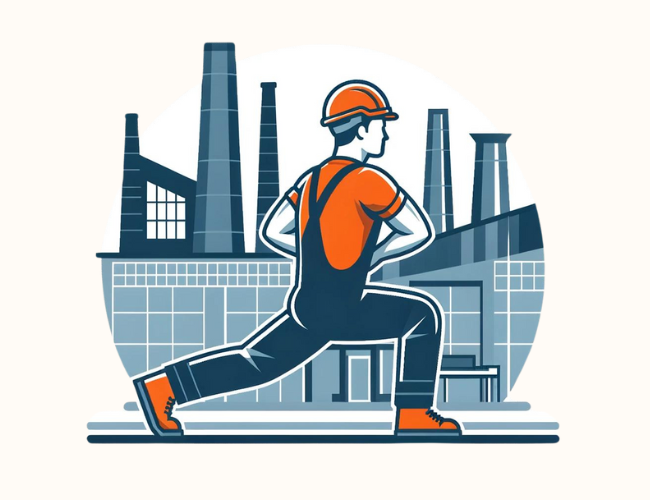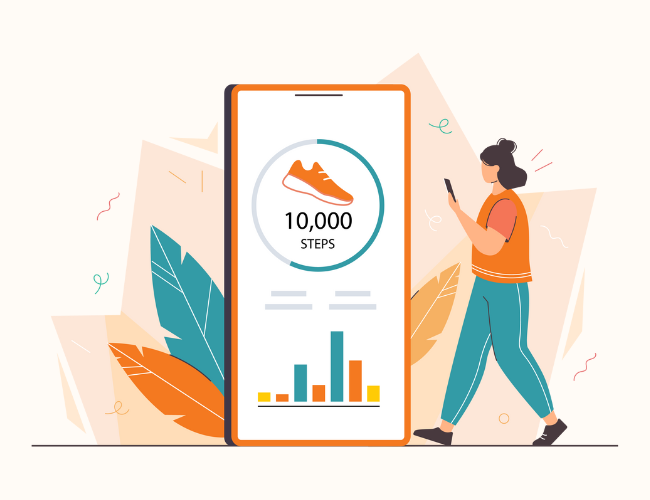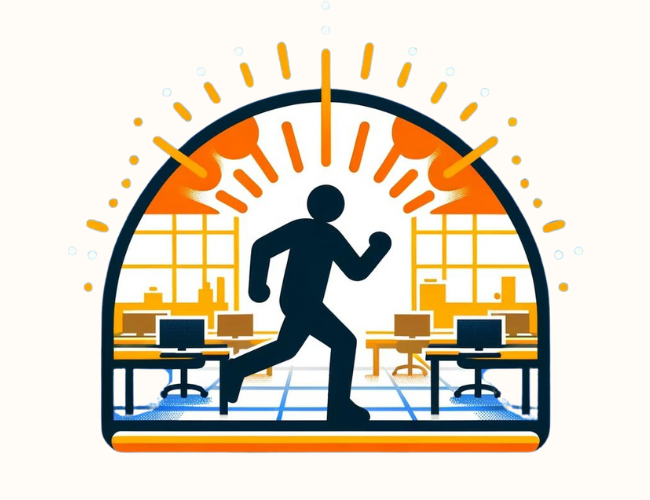Few would question that 2016 meant changes in lots of areas, and workplaces were not spared. Let’s ring in the new year with the top five ways work changed in 2016. The list below is in no particular order.
Sharing Economy = Side Jobs
Stagnating wages and the need for additional income are leading more workers to freelance part-time in 2016. According to a new analysis by LinkedIn, younger professionals in particular are gravitating toward part-time freelancing. With apps and digital marketplaces making it easier than ever to connect buyers of services with sellers of services, employees are using their free time to earn extra dollars and in some cases, pursue their passion. Lack of stability, predictable income, and benefits prevent these employees from freelancing full-time. However, as their reputation and personal brands grow with part-time work, it is more likely that employees will freelance full-time and quit their jobs.
Paid Leave Benefits On The Rise
Currently, only an estimated 10% to 12% of U.S. workers get paid leave of any kind from their employers. This percentage is growing, especially in highly competitive sectors like technology. Also, there is a shift in creating more gender equal benefits for paid leave with companies now including men and women in the benefits programs. Politics may have an influence on the trend with Hillary Clinton making paid parental leave a key part of her platform and Ivanka Trump also advocating for the benefit. The vast majority of voters (82% or Republicans and Democrats) support some form of paid parental leave.
Employees Paying More For Healthcare, Get New Benefits
The average family paid more than $18,000 in health care premiums in 2016, according to the National Conference of State Legislatures. The growth is slower than it has been in past years but still ahead of incomes. The silver lining is that employers are at least providing more health-related benefits to employees. For example, Instacart, Visa, Slack, and others have rolled out genetic testing benefits so employees can get their genome sequenced for a lower price through subsidies. Employers are also expanding wellness initiatives to help employees improve their well-being. These initiatives includes wearable device and incentive programs.
Increased Compensation, For Some
Bernie Sanders brought raising the minimum wage to the forefront of the political stage. Despite losing the primary, his supporters won with major legislation passed in New York and California, which both agreed to raise the minimum wage to $15 an hour over the next few years. This is a huge win for many of the Americans who dealt with stagnating wages during the aftermath of the Great Recession. However, the Trump presidency makes it unlikely to see increases in the minimum wage from the Federal government anytime soon, as his pick for Labor Secretary is a critic on raising the minimum wage.
Gender Issues At Work Joins National Conversation
This year included Hillary Clinton’s historic nomination, Donald Trump’s unsavory remarks about women, and Roger Ailes’s resignation for sexual harassment. These events received significant news coverage because they were part of the 2016 presidential election. As a result, gender issues in the workplace, despite always being a hot topic internally, have risen to the national conversation. This means employers will need to be more proactive in managing gender issues more publicly.

